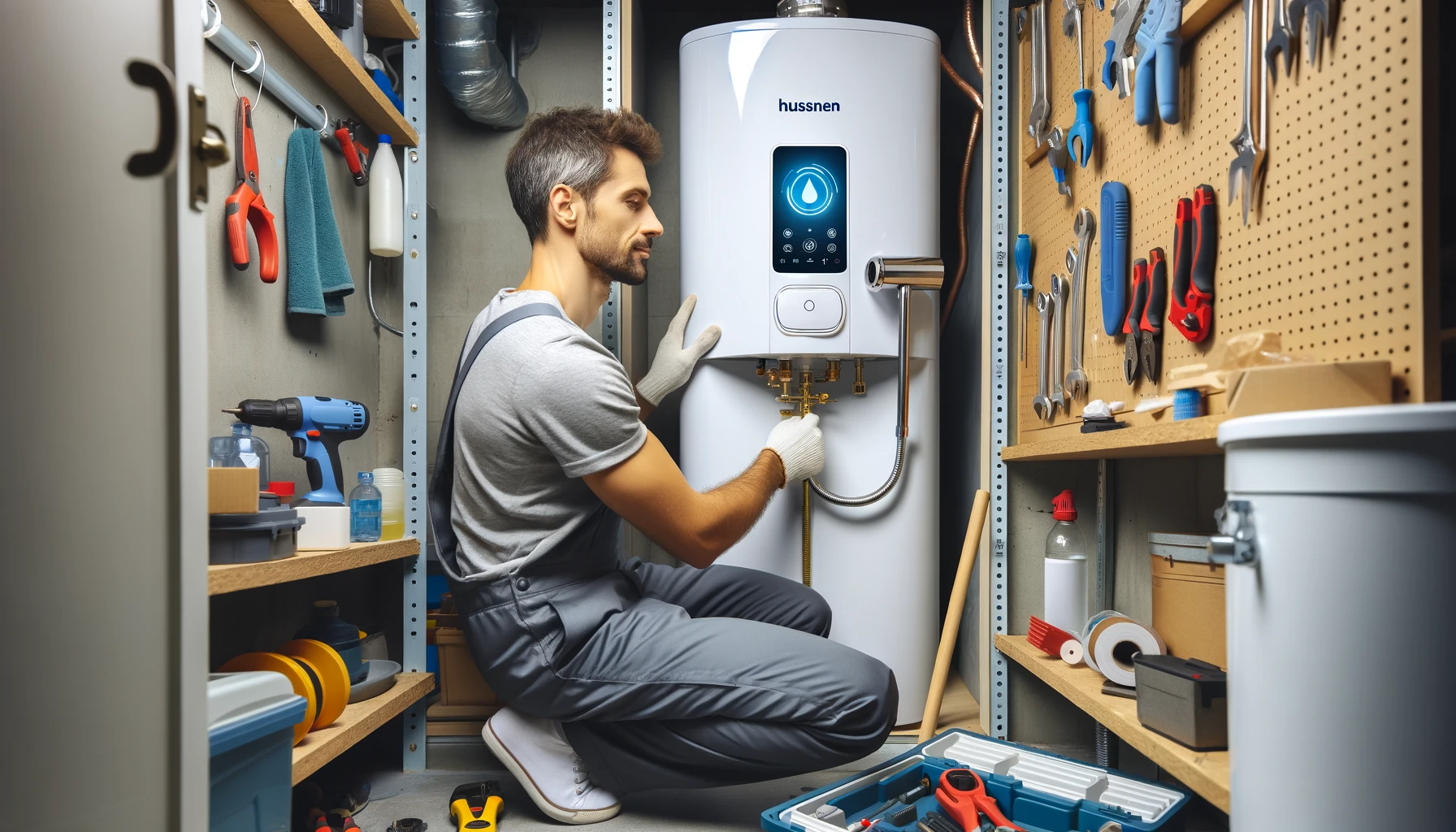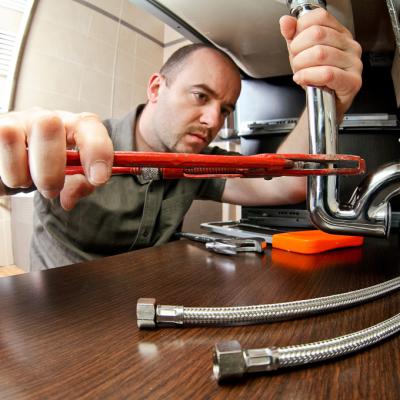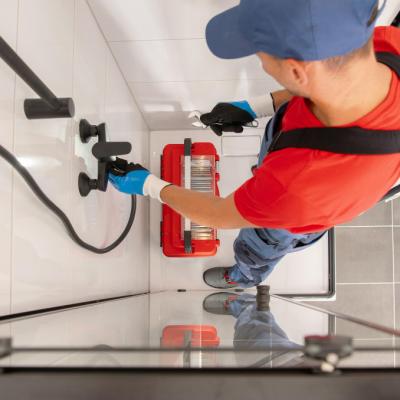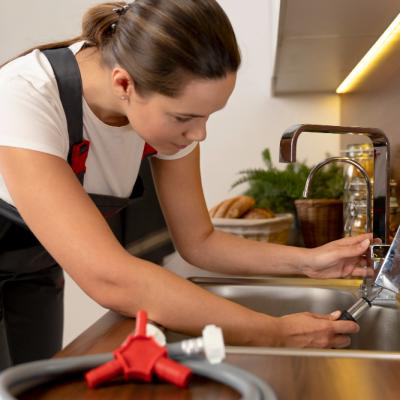Plumbers play a crucial role in safeguarding public health by ensuring the proper installation and maintenance of plumbing systems.
Clean water supply, efficient wastewater disposal, and the prevention of waterborne diseases are all dependent on effective plumbing practices. This article explores the vital role of plumbers in promoting public health, the challenges they face, and the impact of their work on communities.
The Importance of Clean Water Supply
Access to clean and safe drinking water is fundamental to public health. Plumbers are responsible for installing and maintaining the infrastructure that delivers potable water to homes, businesses, and public facilities. Their work ensures that water is free from contaminants and safe for consumption.
-
Water Filtration Systems: Plumbers install water filtration systems that remove impurities and pathogens from the water supply. These systems are essential for providing clean drinking water and preventing waterborne diseases.
-
Cross-Connection Control: Cross-connections between potable and non-potable water systems can lead to contamination. Plumbers implement cross-connection control measures, such as backflow preventers, to protect the integrity of the water supply.
-
Regular Maintenance and Inspections: Routine maintenance and inspections of plumbing systems help identify and address potential issues before they become major problems. Plumbers ensure that water supply lines, fixtures, and filtration systems are functioning properly.
Efficient Wastewater Disposal
Proper disposal of wastewater is critical for preventing the spread of diseases and protecting the environment. Plumbers design and maintain sewer and drainage systems that safely transport wastewater away from buildings and treat it before it is released into the environment.
-
Sewer System Installation and Maintenance: Plumbers install and maintain sewer systems that collect and transport wastewater to treatment facilities. This includes laying pipes, installing manholes, and ensuring proper slope and alignment.
-
Septic Systems: In areas without access to municipal sewer systems, plumbers install and maintain septic systems. These systems treat and dispose of wastewater on-site, preventing contamination of groundwater and soil.
-
Stormwater Management: Plumbers design and install stormwater management systems to control runoff and prevent flooding. These systems help protect public health by reducing the risk of waterborne illnesses and environmental pollution.
Preventing Waterborne Diseases
Waterborne diseases, such as cholera, typhoid, and giardiasis, pose significant public health risks. Plumbers play a key role in preventing these diseases by ensuring that plumbing systems are designed and maintained to prevent contamination.
-
Safe Plumbing Practices: Plumbers follow safe plumbing practices to prevent the introduction of pathogens into the water supply. This includes proper installation of pipes, fixtures, and fittings, as well as regular cleaning and disinfection.
-
Education and Awareness: Plumbers educate homeowners and businesses about the importance of maintaining clean and safe plumbing systems. They provide guidance on best practices for preventing contamination and ensuring water quality.
-
Emergency Response: In the event of plumbing emergencies, such as sewer backups or water main breaks, plumbers respond quickly to mitigate the impact on public health. Their timely intervention helps prevent the spread of waterborne diseases.
Challenges Faced by Plumbers
While plumbers play a vital role in promoting public health, they also face several challenges:
-
Aging Infrastructure: Many plumbing systems, especially in older buildings, are aging and in need of repair or replacement. Plumbers must navigate these challenges while ensuring the continued delivery of safe water and efficient wastewater disposal.
-
Water Scarcity: In regions facing water scarcity, plumbers must implement innovative solutions to conserve water and ensure a reliable supply. This includes installing water-efficient fixtures and systems.
-
Regulatory Compliance: Plumbers must stay informed about local, state, and federal regulations governing plumbing practices. Compliance with these regulations is essential for ensuring public health and safety.
-
Workplace Hazards: Plumbing work often involves exposure to hazardous materials, confined spaces, and physical strain. Plumbers must take precautions to protect their health and safety while performing their duties.
The Impact of Plumbers on Communities
The work of plumbers has a profound impact on the health and well-being of communities:
-
Improved Quality of Life: Access to clean water and effective wastewater disposal enhances the quality of life for individuals and families. Plumbers contribute to creating healthier living environments.
-
Public Health Protection: By preventing waterborne diseases and ensuring safe plumbing practices, plumbers protect public health and reduce healthcare costs. Their work helps prevent outbreaks and promotes overall well-being.
-
Environmental Sustainability: Plumbers contribute to environmental sustainability by implementing water conservation measures and promoting the use of eco-friendly plumbing systems. Their efforts help preserve natural resources and protect ecosystems.
-
Economic Benefits: Reliable plumbing systems support economic development by providing essential services to businesses and industries. Plumbers contribute to the growth and stability of communities by ensuring the availability of clean water and efficient wastewater disposal.
Conclusion
Plumbers play a critical role in promoting public health by ensuring the proper installation and maintenance of plumbing systems. Their work is essential for providing clean water, efficient wastewater disposal, and preventing waterborne diseases. Despite the challenges they face, plumbers continue to make a significant impact on the health and well-being of communities. By recognizing and supporting the vital contributions of plumbers, we can ensure a safer and healthier future for all.












